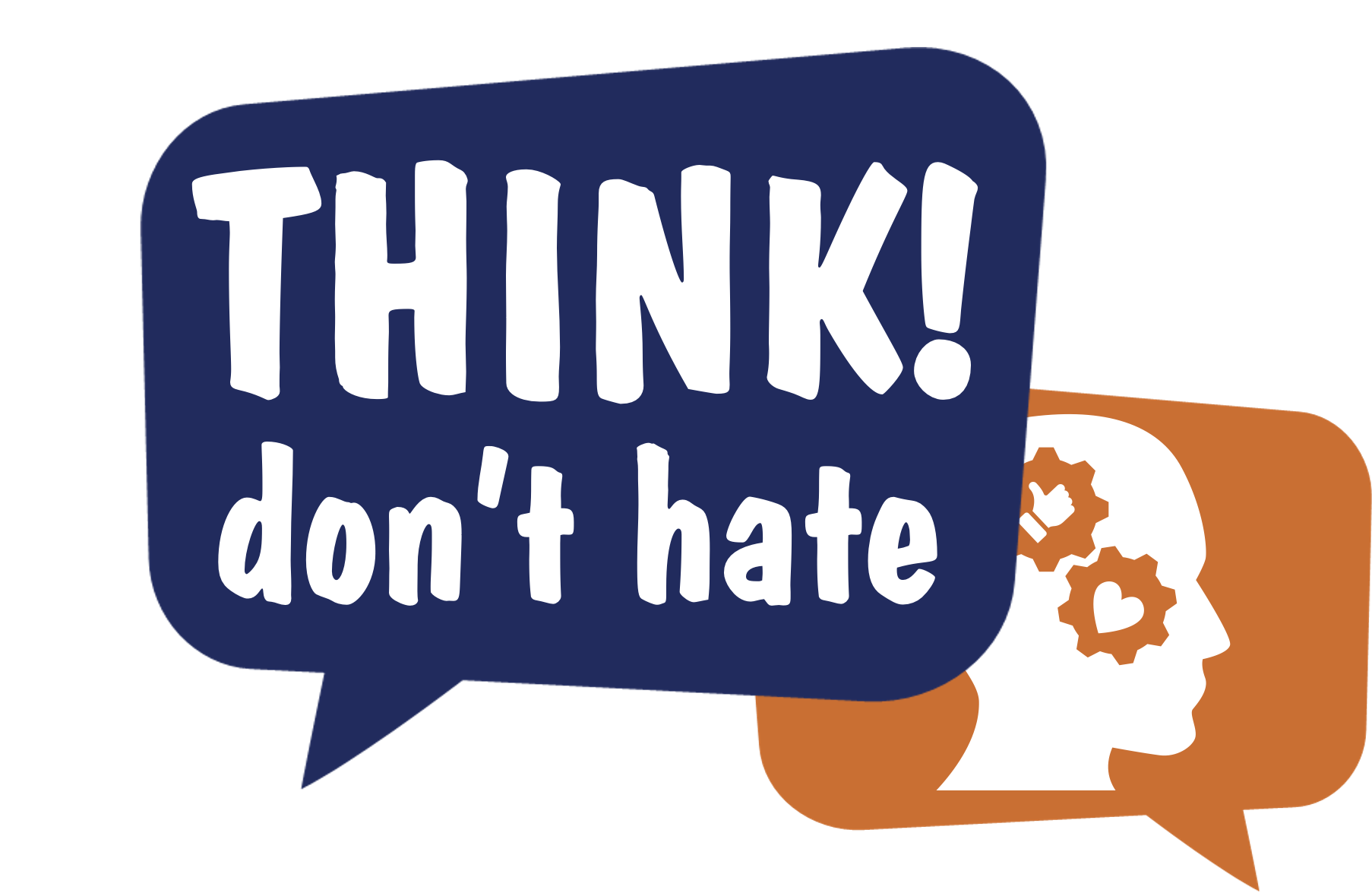
CHAPTER 4
C. The learning cycle
We all know how complicated the learning process can be in non-formal education. And this is the point! For the audience to be stimulated in multiple ways, to pass through all the stages of the learning process, enjoy the journey, interact with one another and eventually turn this experience into pure knowledge, already digested and settled in their minds and souls. Only then will they be able to reflect and appreciate the benefit they received, as well as be able to transfer this knowledge further and multiply the results of your effort. However, it is important to understand all different phases of the learning cycle, in order to be able to develop effective counter and alternative narratives, teach your audience how to deliver them themselves and achieve maximum impact in your effort to counter negative narratives! This learning process has no defined beginning or end. It is an ongoing circle where one phase follows the other, again and again and again, providing the audience a unique experience of learning and absorbing knowledge.
So, which methods, tools and techniques belong to each phase of learning? There you go!
➔ EXPERIENCING: living library activity, simulation, fishbowl activity, barometer activity, forum theater, role play, team building, ice breakers, energizers etc.
➔ APPLYING: workshops, case studies, problem solving activities, role plays, presentations, working groups, performances, starting one’s own project after the training etc.
➔ GENERALIZING: lectures, sharing experiences, story telling, discussion, real life examples etc.
➔ REFLECTING: evaluation, reflection groups, debating, results analysis, debriefing, evaluation sheets, learning diaries etc.
And now you are ready to act! And remember! It’s not only about your audience…It is also you who needs to feel confident about your learning flow in order to be able to bring the utmost impact to your group!